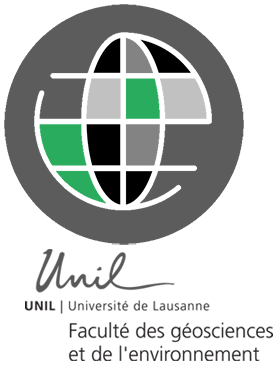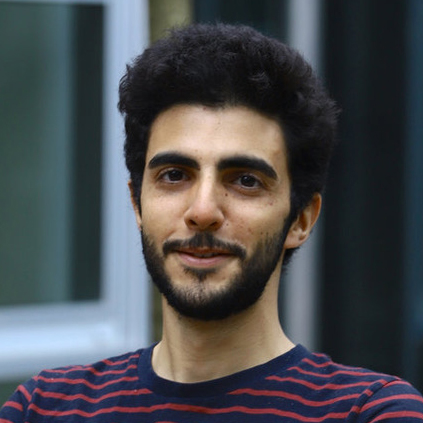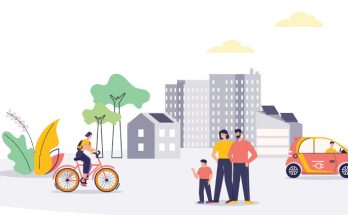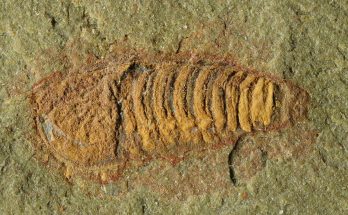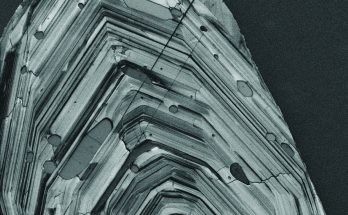Cette publication est également disponible en :
![]() Français
Français
Medhi Bida is a doctoral student at IGD and he was among the first to receive a mobility grant Mobi-doc. Discover his project! He will go to Arizona State University to study the economic dynamics of cities.

The gap in economic wealth is widening between large and small cities. What are the factors behind this growing inequality?
What are the main implications of your scientific project?
Mehdi Bida: Since the 1980s, some American, but also European, cities have increasingly concentrated wealth and the profiles that create economic wealth (generally people with a high level of education). At the same time, they are becoming less and less viable for people working in sectors with low level of economic value added. Through a systemic approach, I would like to understand the role of the micro dynamics of different skill profiles in this macro growth of inequalities between cities. The aim is to better understand the impact of certain factors, such as the automation of industrial production, on the evolution of the economic performance of cities according to the professional skill profiles (such as financiers, computer scientists, skilled workers, etc.).
What will you gain from this mobility?
MB: At the scientific level, this mobility will enable me to collaborate (with all the contributions that come with it) with specialists in American urban economies and their modelling, which are the two central aspects of my thesis. Besides, this mobility will also offer me the opportunity to meet new people, to extend my professional network, but also to enrich my vision of my research field. I will indeed be working with researchers whose approaches and specialisations differ somewhat from those of the researchers in the field at the IGD.
Why have you chosen the Arizona State University?
MB: I recently came up with the idea of collaborating with Dr. Shade Shutters, who will supervise my work at ASU. This project became more concrete when I interacted with Prof. Céline Rozenblat and him regarding my thesis, but also when I collaborated with him on a project about the economic resilience of Russian cities, alongside other members of our research group. Given Shade Shutters’ knowledge and experience of the systems approach to US urban economies, we immediately saw the value of collaborating with him on one of the papers that will be in the body of my thesis.
Any advice for future applicants for mobility projects?
MB: Preparing the application can be daunting, but don’t get discouraged. Writing the project application proved to be very formative for me. It allowed me to clarify certain points relating to my scientific knowledge. Of course, putting together the application required mastering the scientific aspects, the motivation, the vision, etc. My mastery of these aspects also progressed thanks to the development of the project.
So I would have two pieces of advice: firstly, don’t hesitate to go for it, even if there are points that are not yet clear! Secondly, during the development phase, you should be prepared to question the points that seemed clear at the outset, but which turn out to be failures in the argumentation and coherence of the project.
More informations
- Mobi.Doc Program, next deadline 1 Septembre 2021.
- Find out more about mobility and funding opportunities for doctoral students and post-doctoral fellows at the UNIL Research Support Network information session on 7 July 2021.
